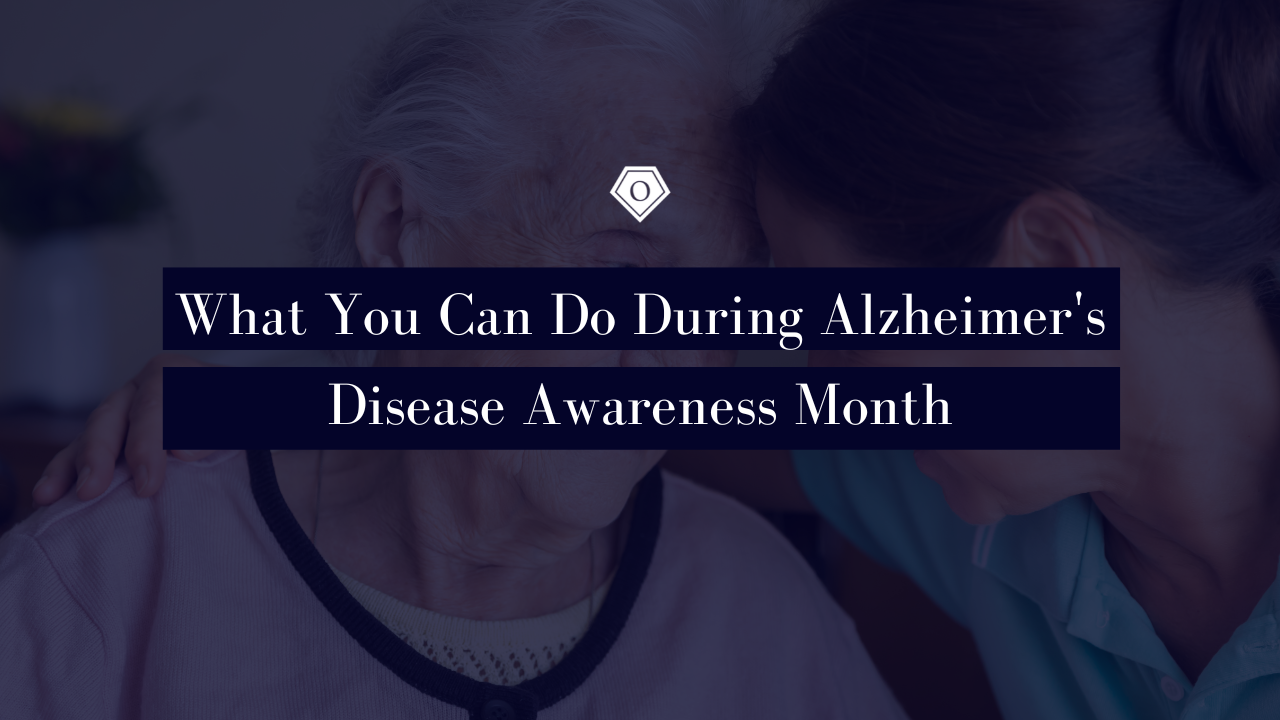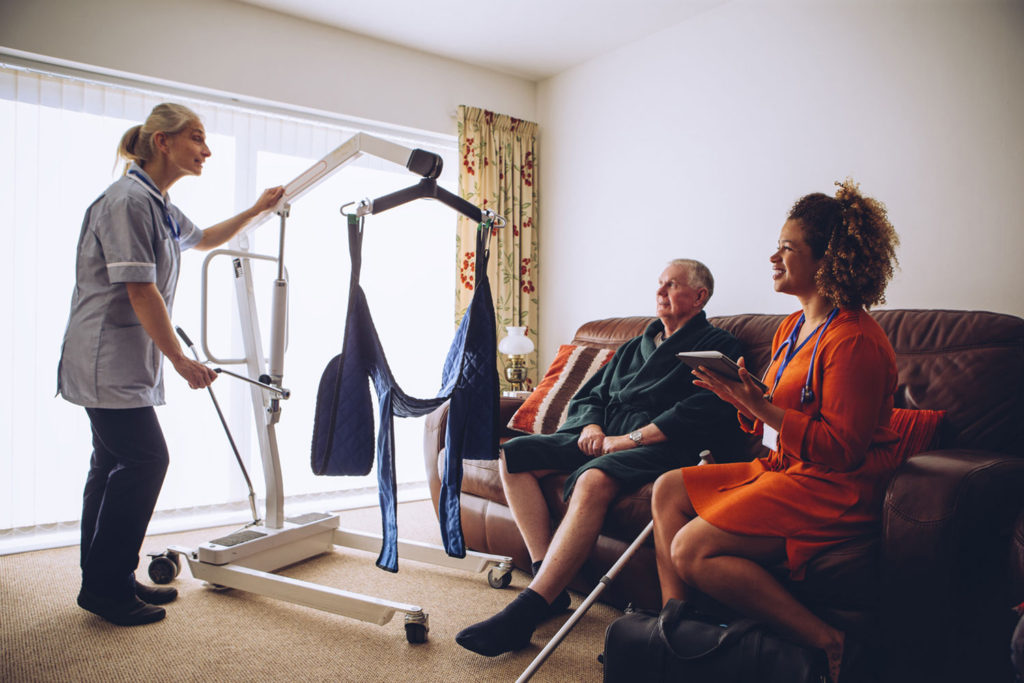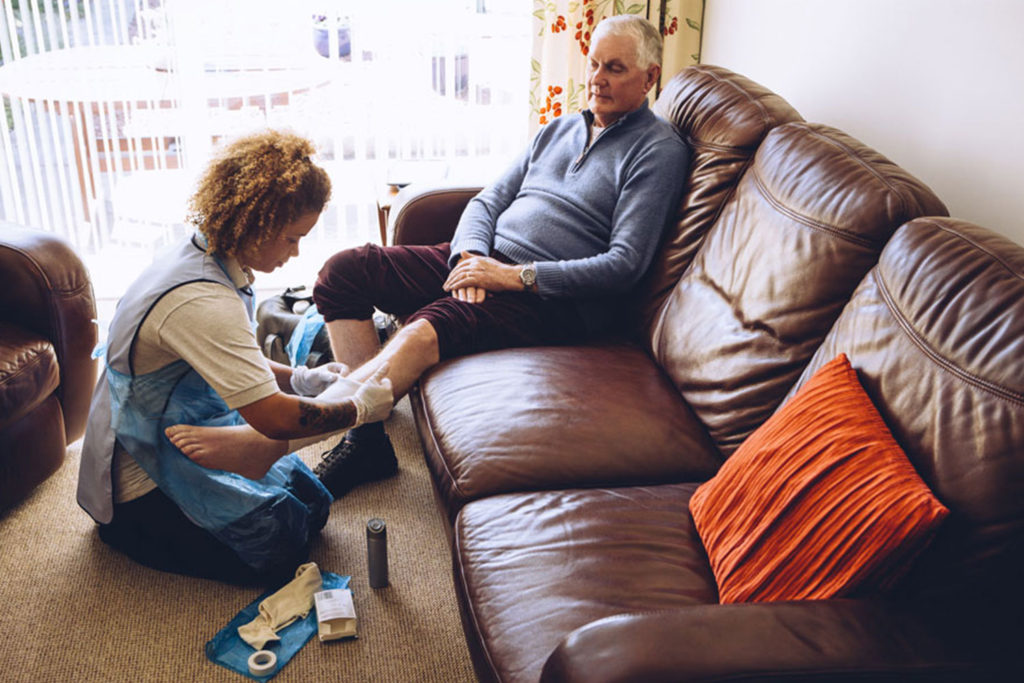Caring for Aging Parents at Home: A Guide for Families
In this guide, we delve into the nuances of this significant life transition, offering a roadmap with practical advice, emotional support strategies, and resources to assist families in navigating the path of providing care to their aging parents within the comforting confines of home.
How To Collaborate with Home Health Care for Senior Dementia Care
In the collaborative effort to support seniors grappling with dementia, partnering with home health care emerges as a pivotal strategy for maintaining their well-being within the home.
Home for the Holidays: A Checklist for Adult Children Concerned About Aging Parents
Visiting elderly parents during the holidays is a wonderful opportunity to reconnect and create cherished memories. It's also a time to ensure their well-being and address concerns.
Tips for Dementia Caregivers During The Holidays
The holiday season, marked by joyous festivities and cherished traditions, can be an intricate tapestry of challenges for family caregivers of individuals living with dementia. As households come alive with the spirit of celebration, those tending to loved ones facing cognitive decline find themselves navigating a delicate balance between preserving longstanding customs and adapting to the evolving needs of their family member.
How To Support Family Caregivers
Being a family caregiver is an immensely challenging and emotionally taxing role. It requires selflessness, patience, and an unwavering commitment to the well-being of a loved one. Family caregivers often face a daily juggling act, balancing their own needs, responsibilities, and personal lives with the demands of providing care. Caring for a family member with a chronic illness, such as Alzheimer's disease, can be particularly difficult, as it involves watching a loved one's gradual decline and witnessing the loss of cherished memories and abilities. The physical and emotional toll of caregiving can lead to stress, exhaustion, and feelings of isolation. It's a role that rarely allows for a break, and the constant need for vigilance and care can weigh heavily on the caregiver's well-being. Nonetheless, the love and dedication that family caregivers demonstrate in their role are truly admirable, and they deserve our utmost respect, support, and recognition for the invaluable work they do.
What You Can Do During Alzheimer’s Disease Awareness Month
National Alzheimer's Month, observed throughout November, is a critical period dedicated to raising awareness and understanding of Alzheimer's disease and related dementias. Alzheimer's disease is a debilitating neurodegenerative condition that predominantly affects the elderly population, characterized by a progressive and irreversible deterioration of cognitive abilities, memory, and behavior. This devastating disease is marked by memory loss, difficulties with problem-solving and decision-making, and personality changes. Alzheimer's is caused by abnormal protein accumulations in the brain, which lead to the death of brain cells and the subsequent breakdown of cognitive function.











